Creating the WPI Plan
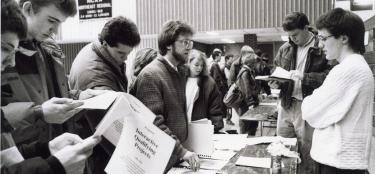
Just over a century after its founding, WPI reinvented its time-tested Two Towers model. In the late 1960s, as societal and technological challenges spurred in students a desire to use their knowledge in a practical way to solve the world’s problems, a faculty planning committee, drawing on the ideas and input of the entire WPI community, shaped a radically new approach to undergraduate education. Known simply as the WPI Plan, the curriculum placed project work at its core.
In fact, two of the Plan’s degree requirements are major projects, including the Interactive Qualifying Project, or IQP, a pedagogical innovation unique to WPI. Requiring students (and faculty advisors) to step beyond the disciplinary bounds of their fields, this project brings interdisciplinary teams together to attack problems with both technological and human dimensions. Many IQPs are conducted off-campus through WPI’s pioneering Global Projects Program, a network of over 50 project centers around the world that began in 1974 with a residential center in Washington, D.C
Over its first half century, the innovative spirit behind the Plan has inspired further curricular experimentation that has expanded the role of project-based learning at WPI. Notable examples include the Great Problems Seminar, which immerses first-year students in project work, and the Grand Challenges Scholars Program, which encourages students to align all their project work at WPI with one of the National Academy of Engineering’s societal grand challenges.
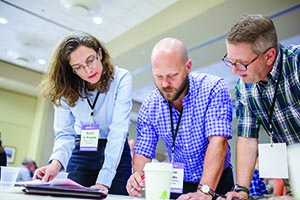
More than an educational novelty, project-based learning at WPI has proven to be a powerful platform for learning, one that prepares students exquisitely well for the demands and rewards of fulfilling careers and lives. Alumni from across the Plan years report that their WPI experiences have positively shaped their professional abilities, interpersonal and communication skills, professional advancement, worldviews, and character.
Drawing in its unmatched experience in implementing project-based learning within higher education, the university has set out to share what it has learned with other colleges and universities. With its Institute on Project-Based Learning, first offered in 2015, and its Center for Project-Based Learning, inaugurated in 2016, it has helped teams from more than 135 institutions of higher learning bring the benefits of project-based learning to their campuses. In this way, the seeds of innovation planted by the faculty planning committee a half century ago are now taking root across the educational landscape, extending WPI’s leadership in higher education far beyond its campus.
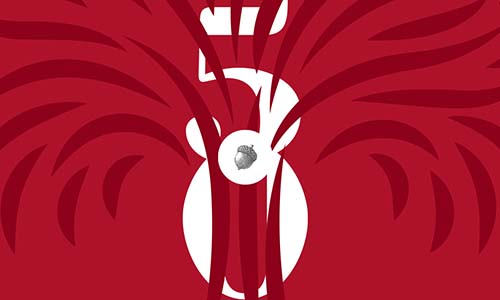
A Groundbreaking Idea Becomes a Global Revolution
Fifty years ago this spring, the WPI faculty approved the WPI Plan , a radically new, project-based approach to undergraduate education. The Plan has evolved and changed, but it has also endured and, in important ways, grown stronger. Former architects of the Plan, current faculty members, President Laurie Leshin, Provost Wole Sobe, and others reflect on how our project-based education has evolved.

A Miracle at Worcester
A feature in the October 1996 issue of the WPI Journal encapsulates the history of WPI’s revolutionary blueprint for a more impactful education.
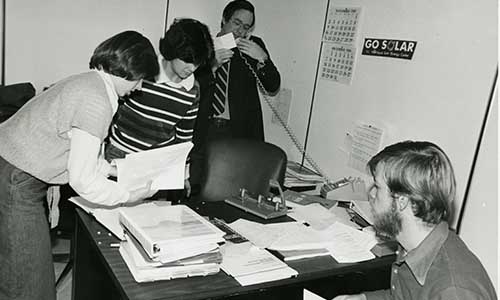
Best Laid Plans
The second installment of this two-part series on the creation of the WPI Plan (originally published in Spring 1997) looks at the trials, tribulations and triumphs of the Plan's implementation and evolution.
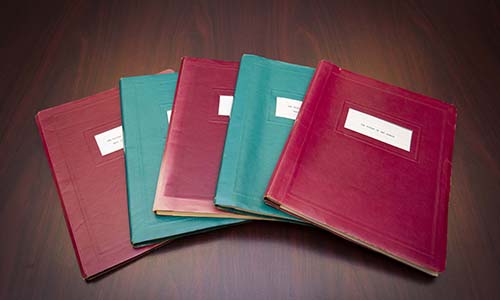
A Planning Program for WPI: The Future of Two Towers
Browse the original four reports of the Faculty Planning Committee that formalized the creation and adoption of the WPI Plan.
50 Years of the WPI Plan
In 1970 the WPI Plan was a bold experiment––and 50 years later, this proven and highly effective model stands as a potent model for academic innovation, one that could help guide further change at WPI and throughout higher education.